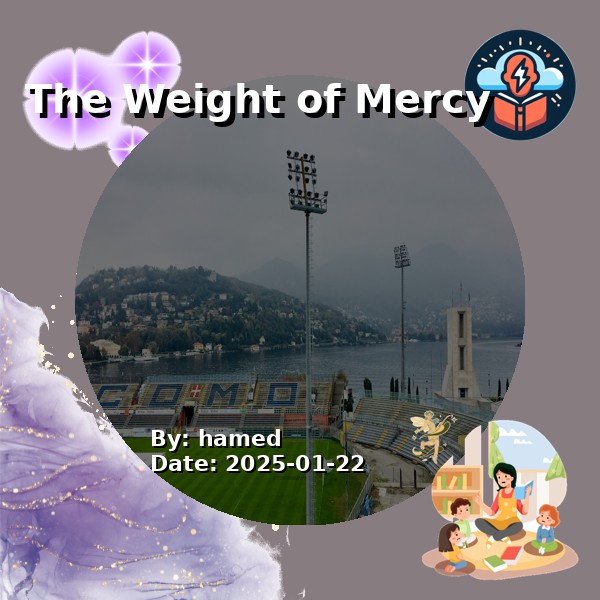The news broke on a quiet Tuesday morning. President Trump, in his final hours in office, had issued a sweeping pardon—over 1,500 names, a list that included fraudsters, lobbyists, and, most controversially, hundreds of January 6 Capitol rioters. The country erupted in a cacophony of outrage and relief, depending on which side of the divide you stood.
In a small town in Ohio, Mark Harris sat on his couch, staring at the TV. His face was pale, his hands trembling as the news anchor read the list of names. When he heard his own, he felt a surge of emotions—relief, guilt, and a gnawing unease. He had been one of the rioters, caught up in the frenzy of that day, swept along by the crowd and the promises of something greater. He had spent months in legal limbo, his life on hold, his family fractured. Now, he was free. But what did that freedom mean?
Across the country, reactions varied. In Washington, D.C., protesters gathered outside the Capitol, their signs demanding accountability. “No justice, no peace!” they chanted, their voices echoing off the stone walls. In rural Texas, a group of Mark’s fellow pardoned rioters celebrated at a local bar, raising glasses to Trump and to their newfound freedom. “We won!” one of them shouted, though the words rang hollow to Mark when he saw the footage later.
For Mark, the pardon was not the absolution he had hoped for. His neighbors avoided him at the grocery store, their eyes filled with judgment. His daughter, Emily, refused to speak to him, her trust shattered by his actions. “You chose a mob over me,” she had said during one of their last conversations. Those words haunted him more than any prison sentence ever could.
One evening, Mark drove to the edge of town, where the fields stretched out endlessly under a darkening sky. He parked his car and walked to a small creek, the sound of the water soothing his frayed nerves. As he sat on the bank, he thought about that day—the chaos, the anger, the moment he had climbed the Capitol steps, his heart pounding with a sense of purpose that now felt like a lie.
“What did I even believe in?” he whispered to the empty air. The creek didn’t answer, but the question lingered, heavy and unrelenting.
Weeks turned into months, and Mark tried to rebuild his life. He attended counseling sessions, volunteered at a local food bank, and even joined a community dialogue group aimed at bridging political divides. It was there that he met Rosa, a woman whose brother had been a Capitol police officer on January 6. She had every reason to hate him, but instead, she listened.
“I don’t forgive you,” she said one evening after the group had ended. “But I think you’re trying to be better. And that’s something.”
Mark nodded, tears welling in his eyes. It wasn’t absolution, but it was a start.
As the country continued to grapple with the fallout of the pardons, Mark found himself grappling with his own role in it all. The weight of mercy, he realized, was not freedom from consequences but the burden of redemption. And that was a path he would have to walk one step at a time.
